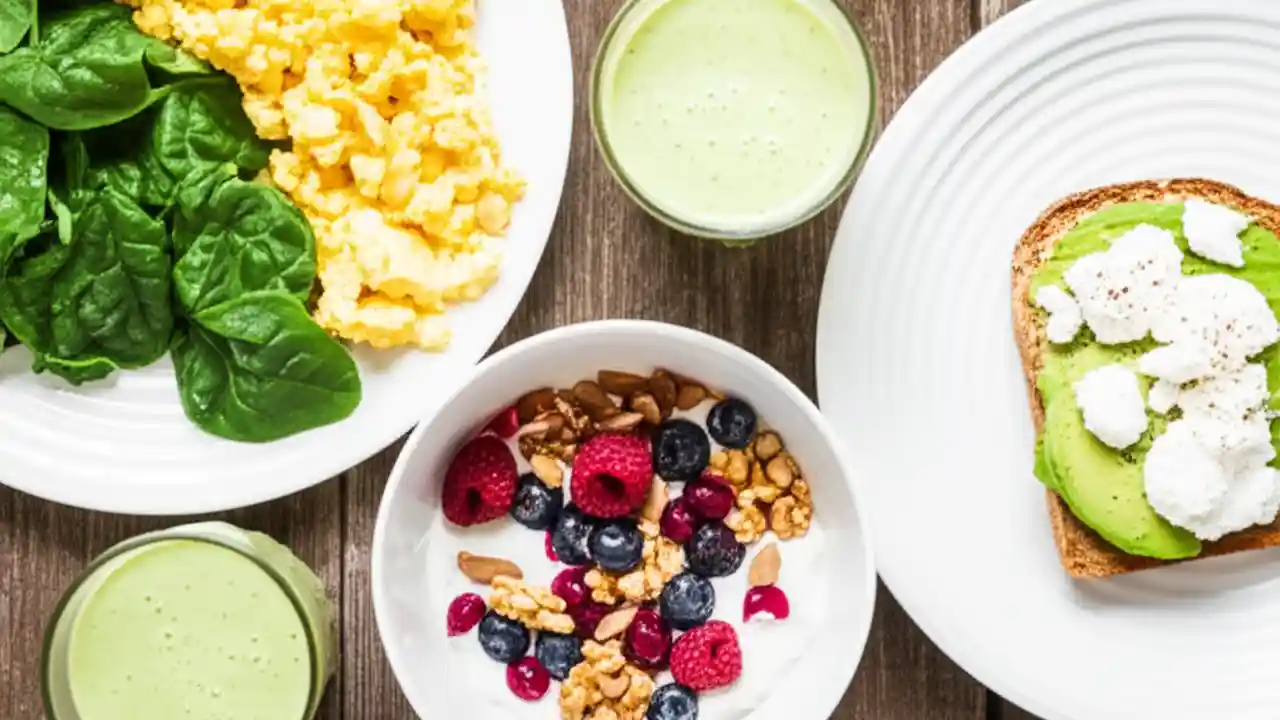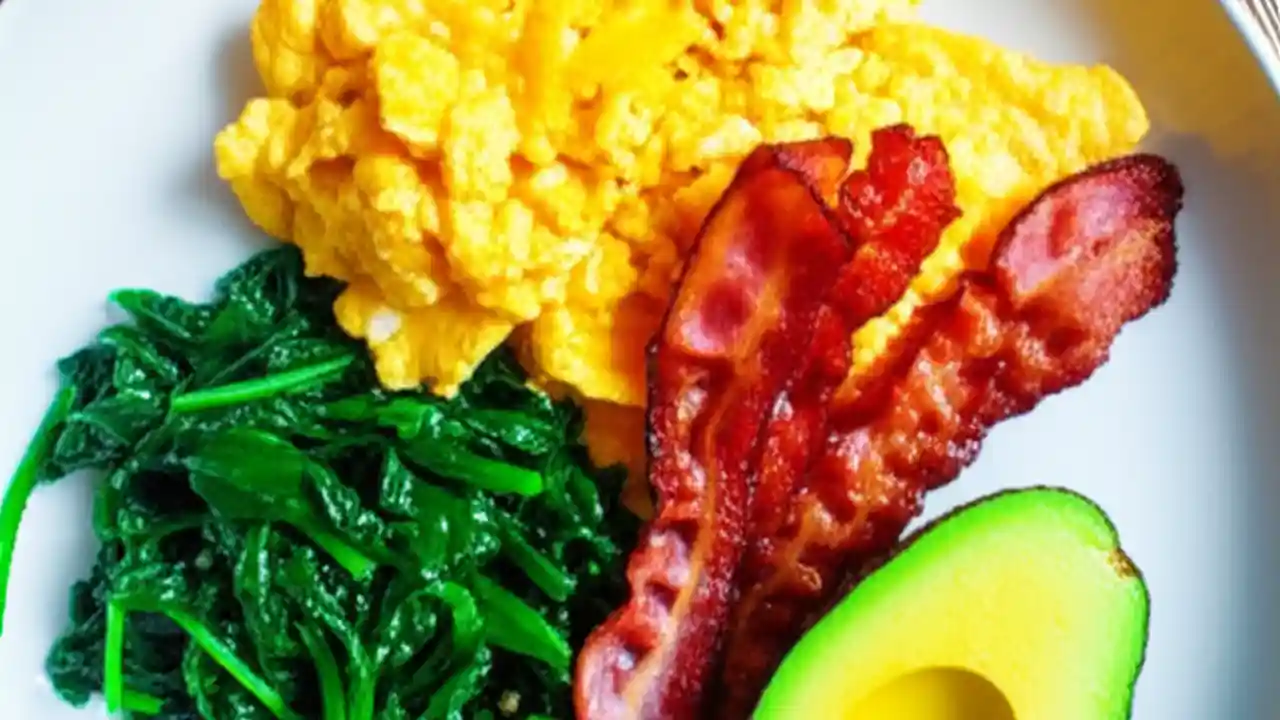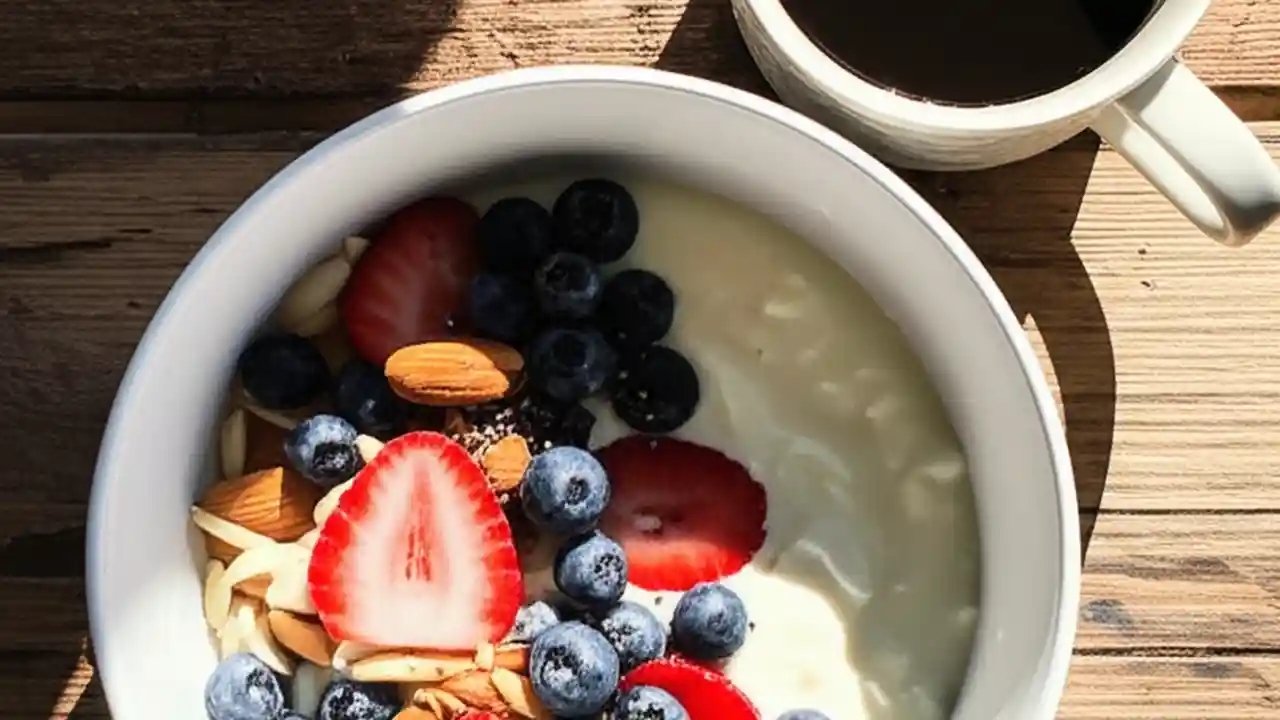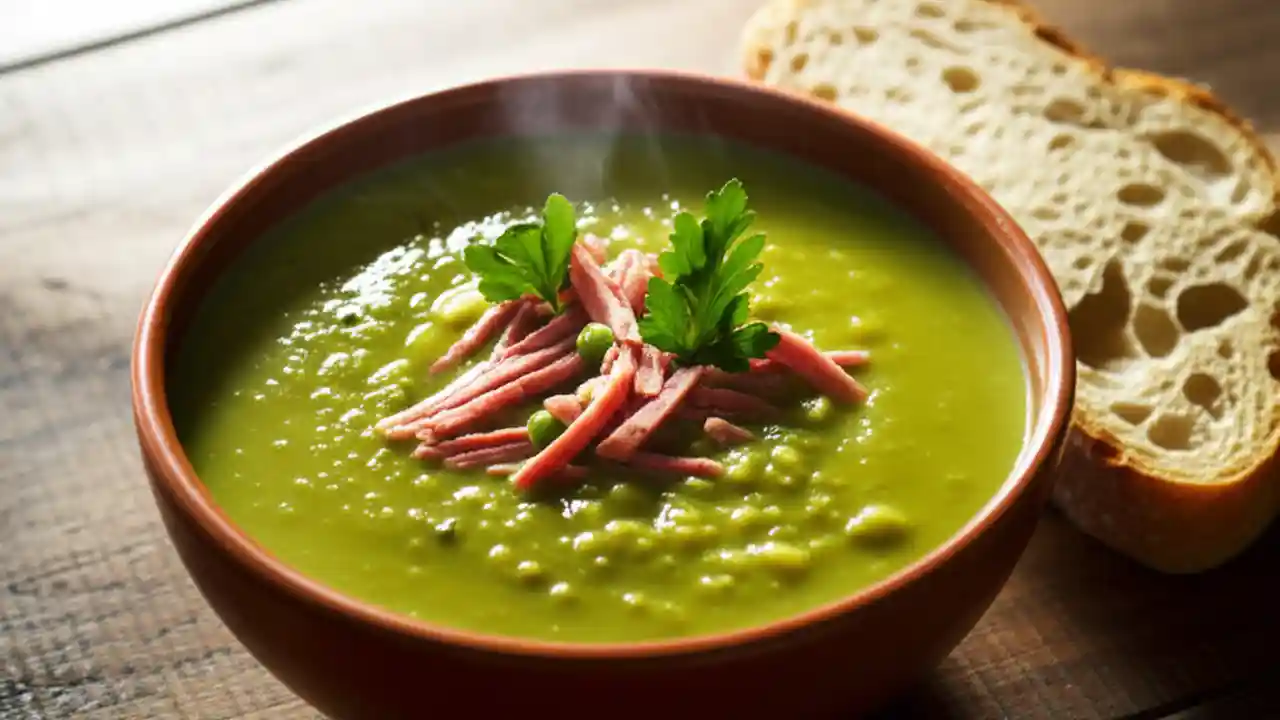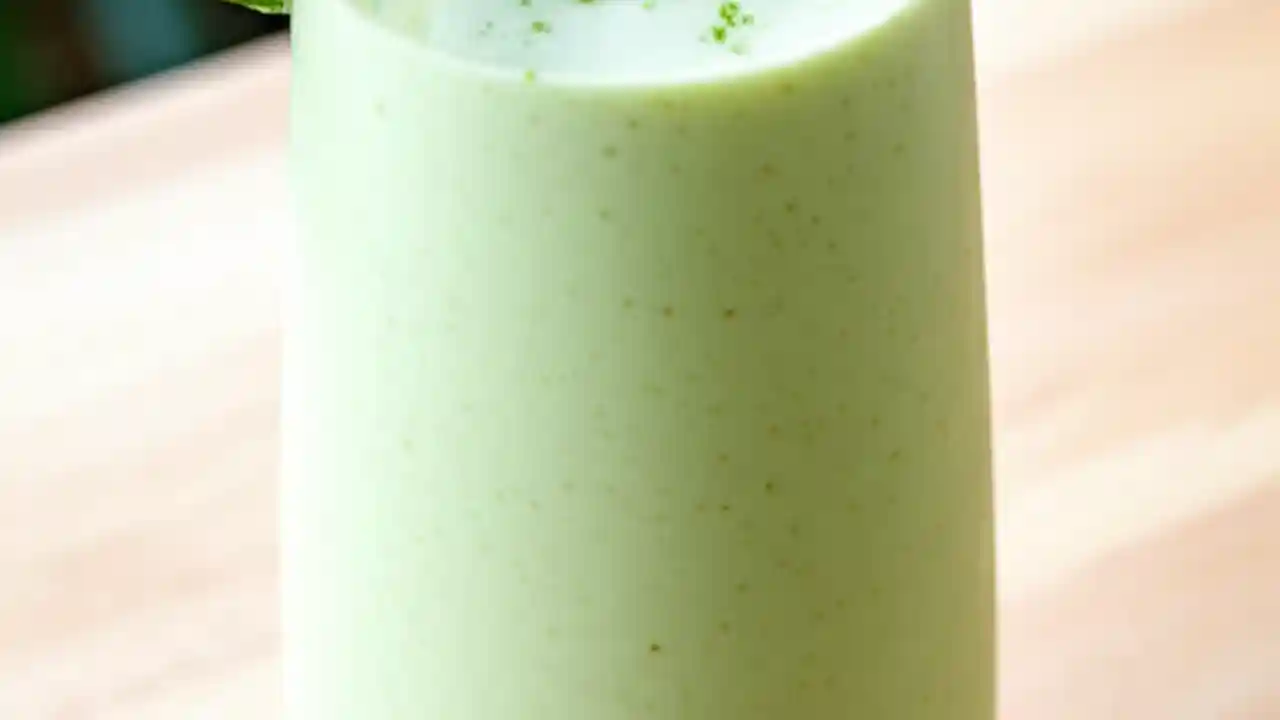Chewing your food thoroughly is not just a polite habit; it’s a fundamental cornerstone of optimal digestive health and overall well-being. From unlocking vital nutrients to preventing uncomfortable digestive issues and even aiding in weight management, the simple act of properly masticating your food before swallowing sets the stage for a healthier you. This comprehensive guide will delve into why this often-overlooked step is so crucial, exploring its profound impact on your body, mind, and even your relationship with food, ensuring you have all the knowledge to transform your eating habits.
Table of Contents
The Core Benefits of Thorough Chewing
Why is chewing food thoroughly so important for digestion?
Imagine your digestive system as a finely tuned machine. Chewing is the vital first step, the pre-processing unit. When you chew, you mechanically break down food into smaller, more manageable pieces. This dramatically increases the surface area, making it much easier for digestive enzymes in your saliva and later in your stomach and intestines to do their job. It’s like grinding coffee beans before brewing – you wouldn’t just throw whole beans into the pot and expect a rich flavor, right? Similarly, well-chewed food allows for efficient chemical digestion and absorption.
What specific benefits does proper chewing offer for overall health?
Beyond digestion, the ripple effects of thorough chewing extend far and wide. It’s a surprisingly powerful tool for holistic health. Here are some key advantages:
- **Enhanced Nutrient Absorption:** Smaller particles mean more efficient extraction of vitamins, minerals, and other essential nutrients.
- **Improved Gut Health:** Less undigested food reaches the colon, reducing the burden on your gut microbiome and potentially preventing an imbalance of beneficial bacteria.
- **Reduced Digestive Discomfort:** Less gas, bloating, and indigestion because your stomach isn’t struggling with large food chunks.
- **Better Weight Management:** We’ll dive deeper into this, but it significantly contributes to satiety signals and portion control.
- **Stronger Teeth and Gums:** The act of chewing stimulates blood flow to the gums and jaw, helping to keep them healthy.
- **Stress Reduction:** Mindful chewing encourages a slower pace, which can reduce stress and enhance your eating experience.
How does chewing impact nutrient absorption?
Think of nutrient absorption like a finely meshed net trying to catch tiny fish. If the fish are large (big food chunks), many will slip through the net. But if they’re small (well-chewed food), the net catches far more. Chewing thoroughly breaks down the food matrix, releasing nutrients that would otherwise remain “locked” within larger particles. This makes them readily available for absorption through the intestinal lining. It’s the difference between getting 50% of the goodness from your meal versus 90%.
Can chewing more help with weight management?
Absolutely, and this is where it gets really interesting! Chewing more slowly and thoroughly gives your brain time to register that you’re eating and to receive satiety signals from your gut. It takes about 20 minutes for these signals to properly register. When you rush through a meal, swallowing large pieces, you often eat more than you need before your brain gets the “full” memo. By chewing each bite more, you naturally slow down, allowing your body’s natural appetite regulation system to work as it’s designed, leading to reduced portion sizes and fewer cravings later on. It’s a simple yet incredibly effective strategy.
Understanding Chewing Habits & Consequences
What happens if you don’t chew your food enough?
Not chewing enough is like asking your digestive system to run a marathon with ankle weights. When large, undigested food particles reach your stomach and intestines, your body has to work much harder to break them down. This can lead to a cascade of uncomfortable issues:
- **Indigestion and Heartburn:** The stomach struggles to process large chunks, leading to acid reflux.
- **Bloating and Gas:** Fermentation of undigested food in the colon by bacteria produces gas.
- **Nutrient Deficiencies:** Even if you’re eating nutrient-rich foods, your body can’t absorb them efficiently.
- **Constipation or Diarrhea:** An irritated and overworked digestive system can manifest in various ways.
- **Food Intolerances:** Over time, consistently poor digestion can contribute to the development of sensitivities to certain foods.
I’ve personally seen clients struggle for years with unexplained digestive issues, only to find that simply slowing down and chewing more thoroughly made a world of difference. It’s often the simplest solutions that are the most profound.
How many times should I chew each bite of food?
There’s no magic number, but a common guideline is to chew each bite until it reaches a liquid or paste-like consistency, free of lumps. For softer foods like mashed potatoes, this might be 5-10 chews. For denser foods like steak or raw vegetables, it could be 20-30 chews, or even more. The goal isn’t a strict count, but rather to ensure the food is thoroughly pulverized before swallowing. Think of it this way: your stomach doesn’t have teeth; it relies on you to do that initial breakdown.
Are there signs that I’m not chewing enough?
Your body is incredibly good at giving you signals. If you’re consistently experiencing any of the following after meals, it’s a strong indicator that you might need to improve your chewing habits:
- Frequent burping or excessive gas.
- Feeling bloated or uncomfortably full.
- Stomach pain or cramps after eating.
- Seeing undigested food particles in your stool (a clear sign!).
- Feeling tired or sluggish after meals.
- Chronic bad breath, which can sometimes be linked to poor digestion.
Pay attention to these subtle cues. They are your body’s way of telling you something needs adjusting.
What are some common mistakes people make when chewing?
In our fast-paced world, it’s easy to fall into bad habits. Here are a few common chewing pitfalls:
- **Eating Too Quickly:** Rushing through meals, often while multitasking (working, driving, watching TV).
- **Distracted Eating:** Not paying attention to the food in your mouth, leading to automatic swallowing.
- **Drinking While Eating:** Washing down unchewed food with liquids, which can dilute digestive enzymes.
- **Large Bites:** Overloading your mouth, making it impossible to chew effectively.
- **Stress Eating:** Eating rapidly when stressed, often resulting in poor chewing.
Practical Tips & Broader Connections
How can I train myself to chew my food more thoroughly?
Changing a long-standing habit takes practice, but it’s entirely achievable. Here are some actionable tips:
- **Put Your Fork Down:** Between each bite, set your utensil down. This simple act forces you to pause.
- **Count Your Chews (Initially):** For the first few days, consciously count to 20 or 30 chews per bite for denser foods. This creates awareness.
- **Focus on Texture and Taste:** Pay attention to the different textures and flavors as you chew. This engages your senses and promotes mindfulness.
- **Don’t Drink While Chewing:** Sip water *between* bites, not to wash down food.
- **Eat in a Calm Environment:** Minimize distractions. Turn off the TV, put away your phone.
- **Smaller Bites:** Start with smaller mouthfuls to make thorough chewing easier.
It’s a journey, not a sprint. Start with one meal a day and gradually expand. You’ll be amazed at the difference it makes.
Are there specific types of foods that require more chewing?
Absolutely. The denser, tougher, or more fibrous a food is, the more chewing it generally requires. Here’s a quick guide:
| Food Type | Chewing Requirement | Examples |
|---|---|---|
| High Chewing | Extensive, until liquid | Steak, raw carrots, nuts, leafy greens, dense bread, dried fruits |
| Medium Chewing | Moderate, until soft paste | Cooked chicken, apples, cooked vegetables, beans, softer bread |
| Low Chewing | Minimal, until smooth | Yogurt, soups, mashed potatoes, bananas, smoothies (if no solids) |
Even for “low chewing” foods, a few conscious chews can still stimulate salivary enzymes and promote better digestion.
What’s the connection between chewing and mindful eating?
Chewing thoroughly is perhaps the most direct path to mindful eating. Mindful eating is about being fully present during your meal, paying attention to the experience – the sights, smells, tastes, and textures of your food, as well as your body’s hunger and fullness cues. When you chew slowly, you naturally engage these senses. You’re not just shoveling food; you’re savoring it. This connection not only improves digestion but also enhances your enjoyment of food, reduces stress, and fosters a healthier relationship with eating.
Does chewing affect dental health?
Yes, in several positive ways! The act of chewing stimulates salivary glands, producing more saliva. Saliva is your mouth’s natural cleansing agent, helping to neutralize acids, wash away food particles, and remineralize tooth enamel. Consistent chewing also provides a natural “massage” for your gums, promoting blood circulation and keeping them healthy. Furthermore, it helps maintain jawbone density and muscle strength, contributing to overall oral health. It’s a win-win for your digestive system and your smile!
Can chewing relieve stress?
Surprisingly, yes. The rhythmic action of chewing can be quite calming. Think of it as a form of sensory input that can help ground you in the present moment. Just like deep breathing exercises, the deliberate, repetitive motion can activate the parasympathetic nervous system, which is responsible for “rest and digest” functions. When you slow down to chew, you’re literally forcing yourself to slow down your pace of life for a few minutes, providing a mini-break from the day’s stressors. It’s a small but significant act of self-care.
Conclusion
In essence, chewing your food thoroughly is a powerful, yet often overlooked, health hack. It kickstarts digestion, optimizes nutrient absorption, aids in weight management, and contributes to overall well-being. By embracing this simple habit, you’re not just eating; you’re nourishing your body and mind more effectively. Make the conscious choice to chew fully, and observe the transformative difference it makes in your daily life. Share this insight with friends and family, and explore our other articles on holistic health for more practical tips!


